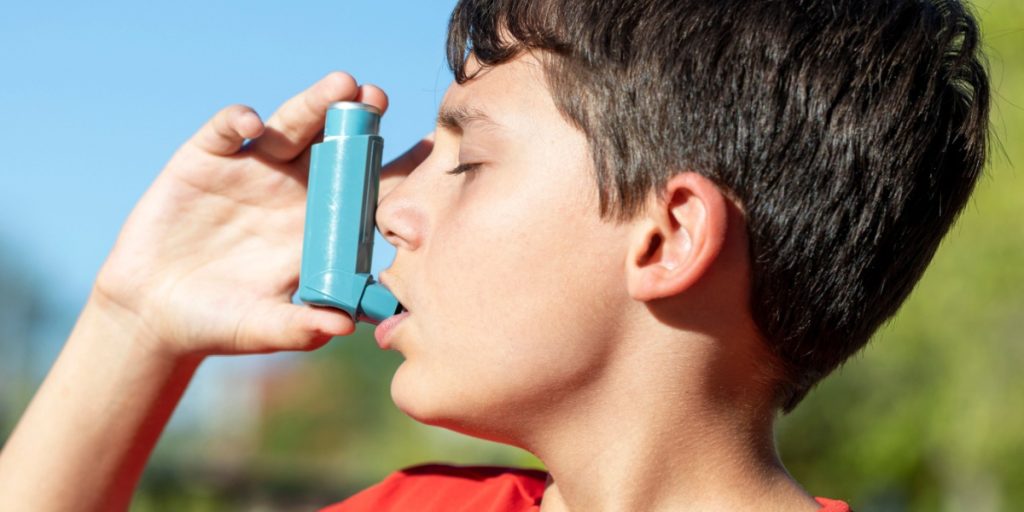Your birth season might play a bigger role in your health than you think.
Others are reading now
Whether you develop asthma or allergic rhinitis might not just be a matter of genetics or environment — it could also be linked to the season you were born.
A new study from Finland has found that people born in autumn or winter have a higher likelihood of developing asthma and allergic rhinitis, a condition affecting the nasal mucosa due to allergies.
According to the research, individuals born during the summer months have the lowest risk of developing these respiratory issues.
“Using summer as the reference period, we found that birth at any other time of year is significantly associated with allergic rhinitis and birth in autumn or winter with asthma,” Sanna Salmi, the study’s lead author from the University of Eastern Finland, told Kurier.
Also read
Why Birth Season Might Matter
The connection between birth season and the risk of respiratory allergies and related diseases could be due to various factors that fluctuate with the seasons.
These include changes in light exposure, vitamin D levels, types of vegetation, and levels of air pollution. All of these can influence the development of allergies and how the immune system responds.
Previous research in Finland had already pointed out that people born in winter or spring are more likely to develop asthma as adults.
This new study, however, is the first to use such a large dataset to explore the relationship between birth season and respiratory health.
The study analyzed data from 74,868 patients in the Helsinki and Uusimaa Hospital District who were born at different times of the year.
The findings revealed that 43.1% of those born in winter had asthma, compared to 42.1% in spring, 41.1% in summer, and 42.7% in autumn. Similarly, the incidence of allergic rhinitis was highest among those born in winter (12.6%) and autumn (12.1%), with summer-born individuals having the lowest rate at 10.7%.
These findings suggest that the season you were born in could have long-term implications for your respiratory health.


